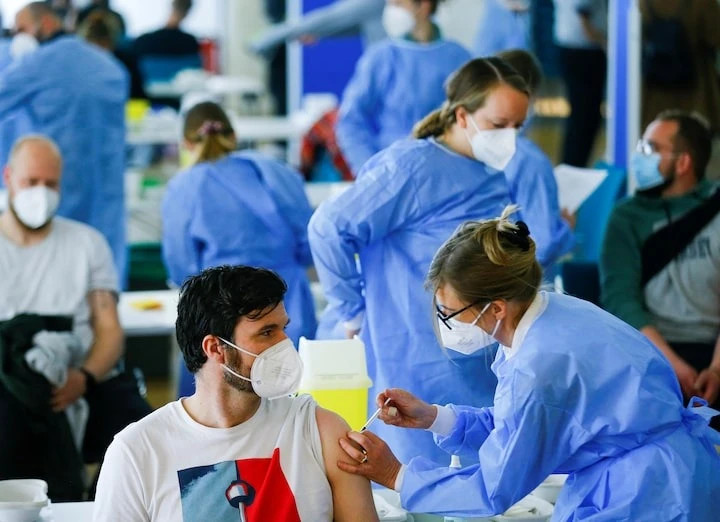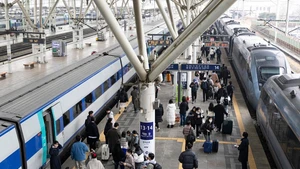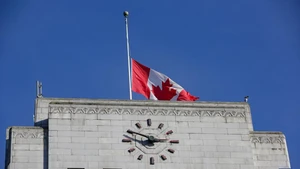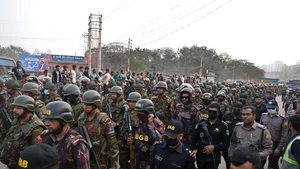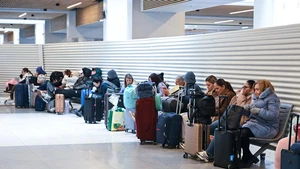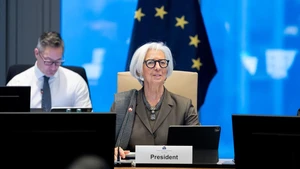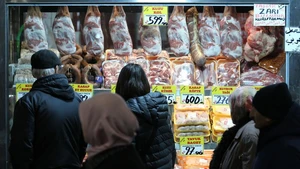To ensure equitable access to vaccines, in addition to rich countries sharing vaccines and pharmaceutical companies fully implementing distribution commitments, expanding production is a very important factor in helping poor countries become more self-reliant in addressing health crises.
World leaders, medical groups, and pharmaceutical companies attending the Global Forum on Vaccine Sovereignty and Innovation, which took place in Paris on June 20, just announced funding worth 1.2 billion USD for increasing vaccine production in Africa.
French President Emmanuel Macron said that 75% of the funding comes from Europe. Germany contributed 318 million USD to this programme, while France invested 100 million USD and the UK invested 60 million USD. In addition, the above funding will also be used to establish an African pharmaceutical agency, which will be similar to the European Medicines Agency.
The COVID-19 pandemic has not only greatly affected human health and life and caused serious economic damage, but also revealed inequality in vaccine distribution globally. A paradox occurred whereby rich countries, which are where most large pharmaceutical companies are headquartered, have hoarded most pharmaceuticals and even led to a surplus of COVID-19 vaccines to the level where they must be thrown away because they have expired, while Africa is left behind and cannot access vaccines in time to protect its people.
Director General of the World Health Organization (WHO) Tedros Adhanom Ghebreyesus once emphasised: “Vaccine injustice is a shame on all humanity.”
Poor and outdated medical conditions, meagre financial resources, lack of vaccine supply, and severe shortage of staff are the reasons why Africa has been slow in the fight to repel the COVID-19 epidemic. The epidemic situation has become especially serious in places where conflicts still occur every day, where food shortages are leading to serious disease.
However, even when the COVID-19 epidemic is no longer a global health emergency, inequality in access to medical services and vaccines still exists. There are at least 4.5 billion people who are not provided with adequate essential health services.
The report on the State of the World's Children in 2023 by the United Nations Children's Fund (UNICEF) said that Africa is the region with the highest number of unvaccinated children, with 12.7 million children not fully vaccinated in 2021, including 8.7 million children who did not receive any dose of vaccine. As a result, the world has witnessed diseases that were seemingly under control, such as diphtheria or measles, suddenly flare up again. In early 2024, international organisations had to support 13 countries in eastern and southern Africa to respond to one of the most serious cholera outbreaks in many years.
The African Union (AU) has set a target that by 2040, 60% of vaccines used in Africa will be produced within the bloc. Recently, many large and small conferences on Africa's health situation have also discussed strategies to increase the production of medical products in Africa so that the continent can proactively protect public health. Rwanda's Health Minister Sabin Nsanzimana emphasised that local production and distribution of vaccines is an important solution for Africa, a region that currently imports more than 90% of vaccines and treatment drugs from abroad.
The Global Alliance for Vaccines and Immunization (Gavi) said that in a divided world, the Global Forum on Vaccine Sovereignty and Innovation affirmed the importance of promoting global solidarity and cooperation. Gavi is planning to mobilise about 11.9 billion USD from governments to fund vaccination programmes in poor countries between 2026 and 2030. Lessons regarding the promotion of equitable access to health services during the COVID-19 outbreak remain valid in the current context.
